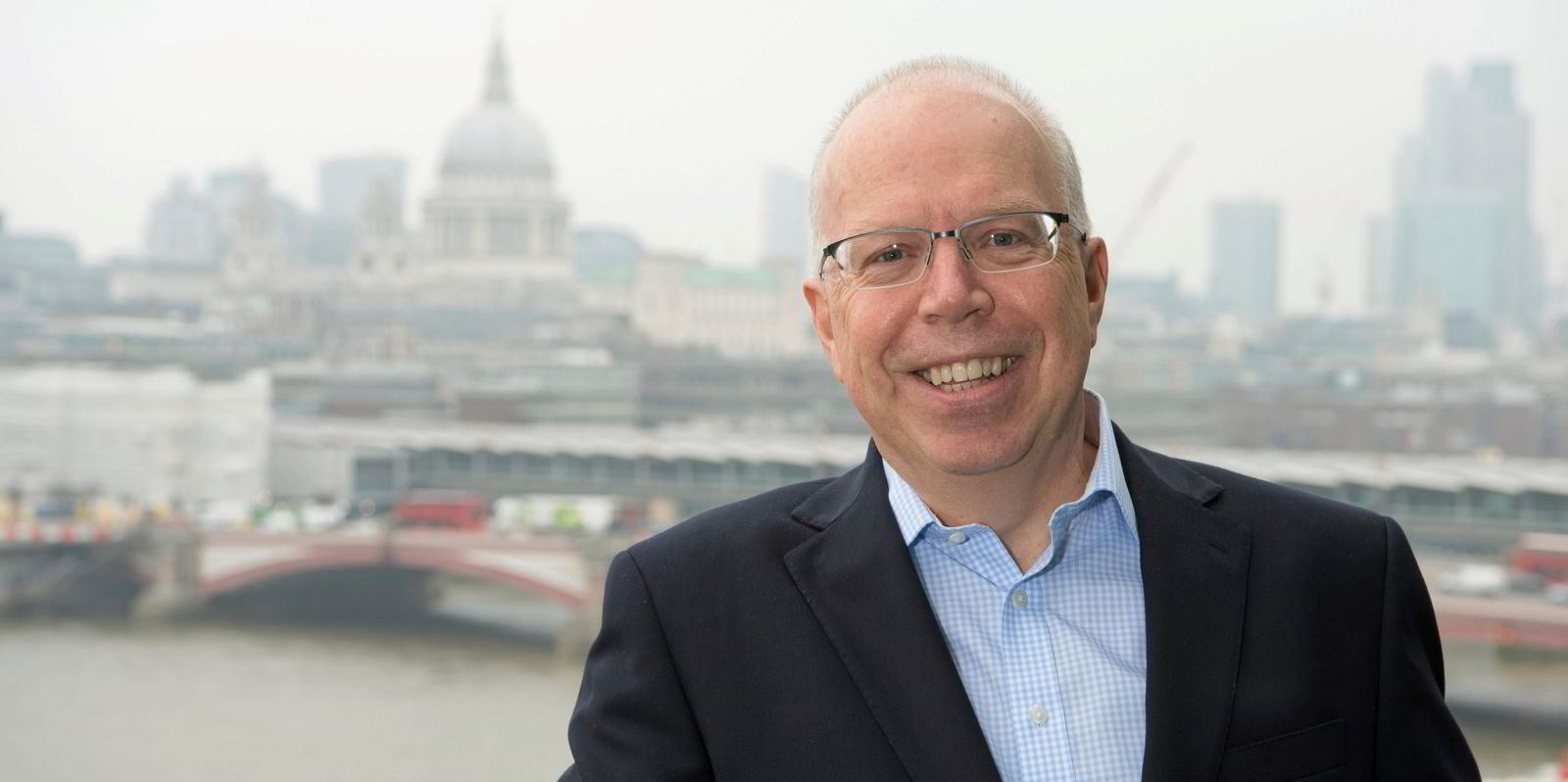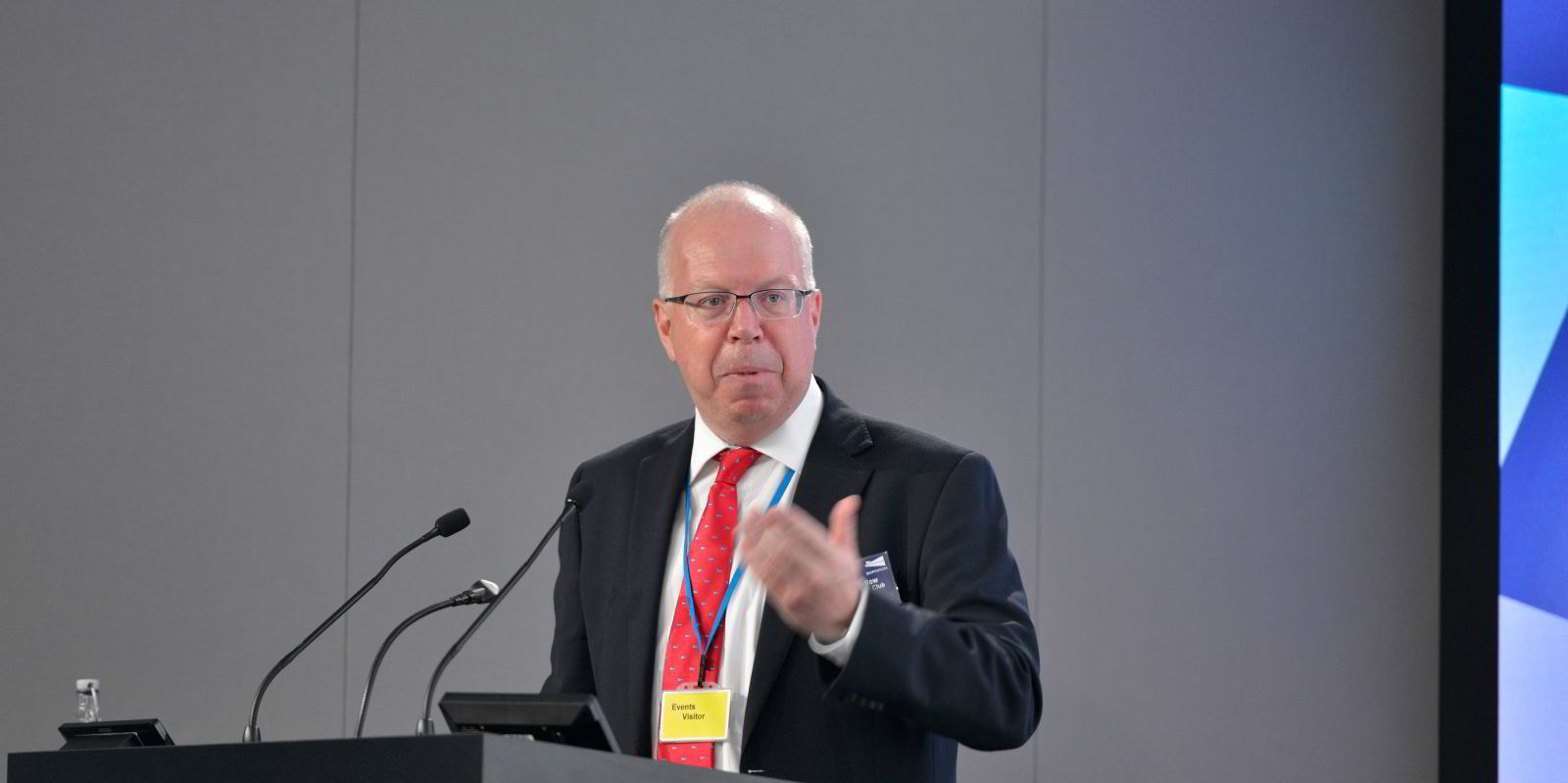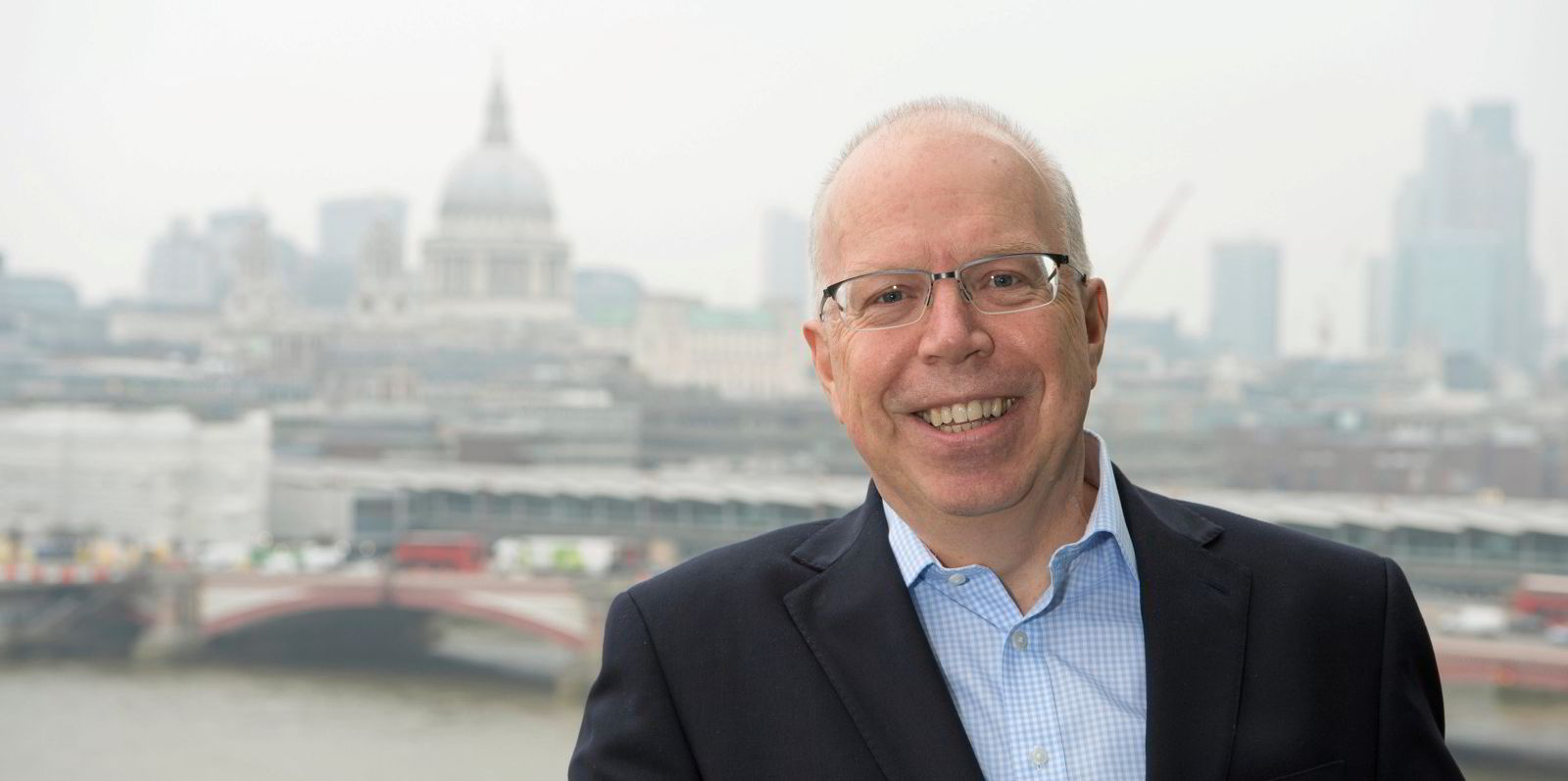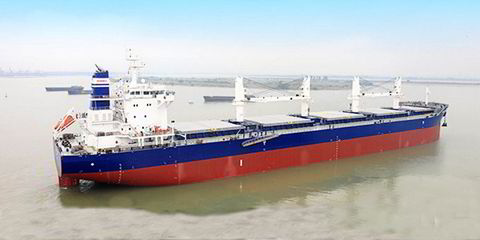When new Shipowners’ Club chief executive Simon Peacock considers how he ended up leading a protection and indemnity insurer, his mind wanders back to when he was a teenager.
His father pressed him on what he wanted to do with his life. Offered the options of law or accountancy, young Simon opted for the latter.
The Leeds United Football Club and golf-obsessed 14-year-old gave it little thought — “I didn’t look beyond sport at the time.”
But, in that spur-of-the-moment decision, the “die was cast … Relatively early on as a young lad, I decided to go down the accounting profession as a career choice.”
It was still a long road from England’s traditional north-east seaside town of Scarborough, Yorkshire, where he was born and raised, to the City of London and the highly specialised world of mutual marine insurance.
The first stop after qualifying as an accountant was the bank Singer & Friedlander, where he went on to become its youngest director at 29 years old.
“I was incredibly proud of that and it’s a great place to have worked,” he recalled.
Another big step was taking on the role of group financial director and deputy chief executive at the Hyde charitable housing foundation. As a not-for-profit organisation, it was bound by regulation, credit rating and balance sheet management that is a little closer to P&I mutuals than corporate banking.
The experience of working in a charity for six-and-a-half years made it easier to make the move over to P&I.
“The beauty of the accounting world is that you have a core set of skills that you can take into different organisations,” said Peacock, who takes over as Shipowners’ Club CEO in June.
When he joined the club in 2017, it was not an easy time. The difficulties of the oil and gas industry, prompted by an oil price collapse, added to increased competition from the commercial insurance market, led to an inevitable fall in rates.

Peacock credits the underwriting and management team, under the leadership of chief executive Simon Swallow, for pulling the P&I club through that difficult period. The strategy was not to engage in the cut-throat battle for business but to be more selective over risk and to ensure that the technical underwriting is solid.
“To their credit, they were prepared to let the business go,” Peacock said.
“That led to a decline in the top line, but it protected the bottom line, and I think that was the right thing to do, it stood the club in good stead … maintenance of the discipline of underwriting brings us to today, where we see the benefits of that.”
Conservative approach
The conservative approach is one reason Shipowners’ has one of the healthiest balance sheets in the business and is not targeting a general increase in premium this year.
Peacock said that, having been part of the senior management of the club, which built up its current business model, it would be wrong to expect a change in direction once he takes the reins.
But, with the 20 February North P&I Club merger with Standard Club, there are inevitable questions about who will be next.
Shipowners’ name is often brought up because its specialisation in small vessels would make it a perfect partner for a club working in the mainstream commercial markets of bulkers, tankers and container ships.
Peacock recognises the theoretical commercial and marketing rationale, but not the financial advantage for the members.
There might be some reduction in reinsurance costs, but the relative main costs and income of premium, brokerage and claims would not alter enough to make it attractive.
“… We are absolutely alive to what is happening with NorthStandard and that it might precipitate more merger activity, but again I think: what would be the benefit to our members of a merger?” he said.
“For the moment, we have not been able to identify a compelling case why it would be for the benefit of our members.”






